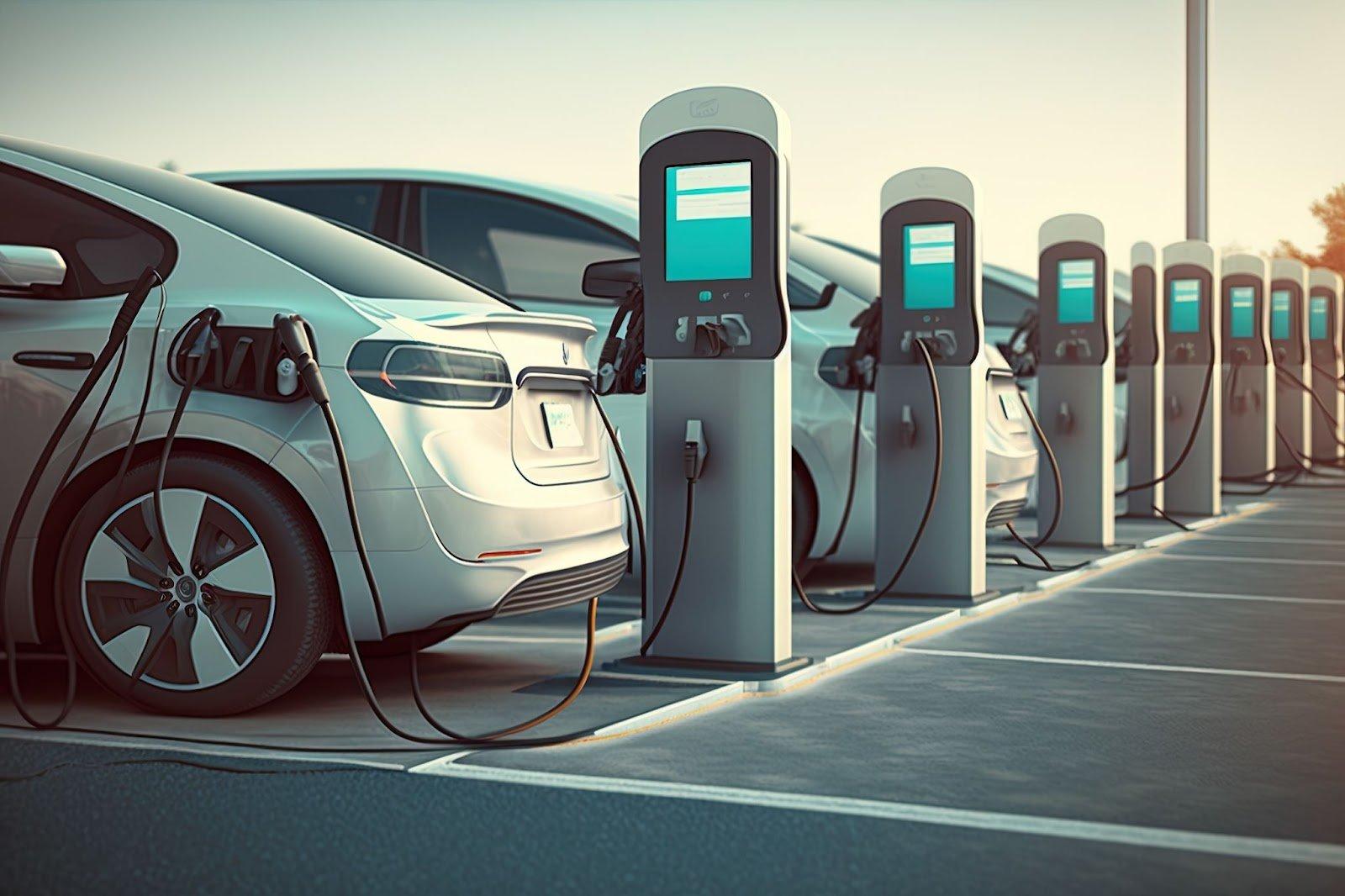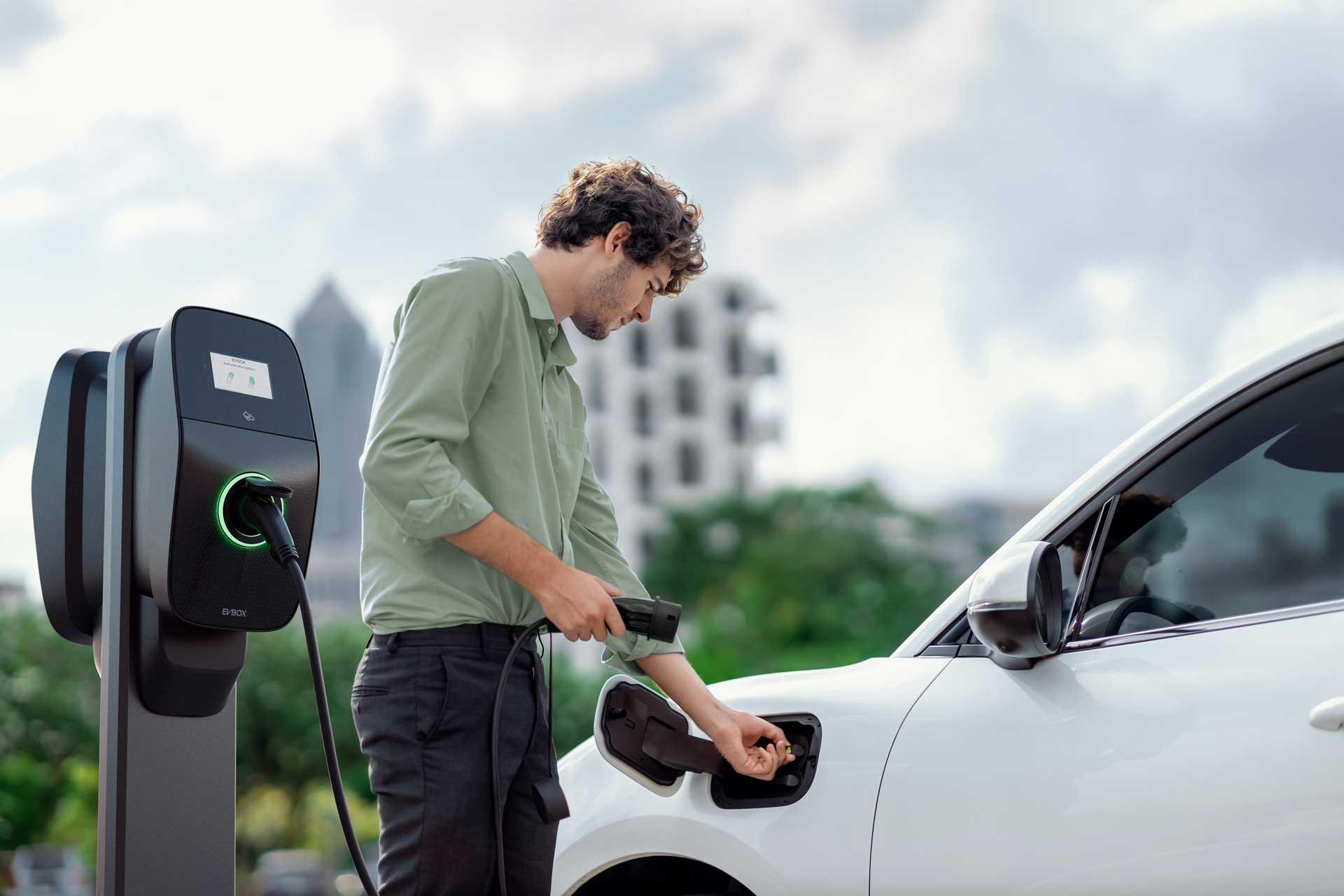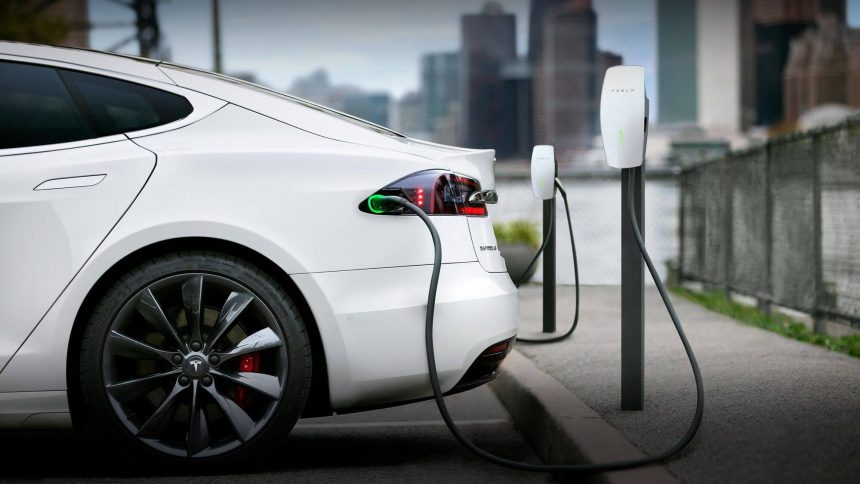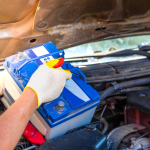As electric vehicles (EVs) continue to surge in popularity, the need for convenient and efficient charging solutions is more important than ever. Whether you’re a seasoned EV owner or considering making the switch, understanding how to install an electric car charger at home can seem daunting.
But fear not! In this comprehensive guide, we’ll walk you through everything you need to know about electric car charger installation. From choosing the right type of charger to navigating the installation process, our friendly approach aims to empower you with the knowledge to make informed decisions. So, let’s plug into the world of electric car chargers and ensure that your driving experience is as smooth and sustainable as possible!
Table of Contents
- Understanding the Different Types of Electric Car Chargers
- Choosing the Right Location for Your Charger Installation
- Essential Tools and Equipment for a Smooth Installation
- Safety Tips and Best Practices for Electric Car Charger Setup
- Q&A
- Key Takeaways

Understanding the Different Types of Electric Car Chargers
When considering electric car chargers, it’s crucial to understand the various types available, each designed to cater to different charging needs and scenarios. The most common options include Level 1, Level 2, and DC Fast Chargers. Level 1 chargers utilize a standard household outlet, making them suitable for overnight charging but relatively slow. Level 2 chargers, often installed at home or in public charging stations, use a 240-volt supply and significantly reduce charging time, making them ideal for daily commuters. Meanwhile, DC Fast Chargers provide rapid charging capabilities, perfect for long-distance travel, allowing you to charge up to 80% in just 30 minutes.
To help you choose the right charging option, here’s a quick comparison of these charger types:
| Charger Type | Voltage | Charging Time | Best For |
|---|---|---|---|
| Level 1 | 120V | 8-20 hours | Home & Overnight Charging |
| Level 2 | 240V | 4-8 hours | Home, Businesses & Public Stations |
| DC Fast Charger | 400V+ | 20-30 minutes | Long-Distance Travel |
Moreover, beyond these primary types, there are additional features and considerations such as Smart Chargers which allow you to manage charging times and monitor energy usage through smartphone apps. Additionally, the installation location plays a key role in determining the most suitable charger; for instance, if you plan to charge at work, ensure that the site has adequate infrastructure to support Level 2 or DC Fast Charging. Understanding these nuances will empower you to make informed decisions that align with your electric vehicle’s requirements and your lifestyle.
Choosing the Right Location for Your Charger Installation
When it comes to installing an electric car charger, the location plays a crucial role in ensuring convenience and efficiency. You’ll want to consider proximity to your vehicle’s parking area and ease of access. It’s advisable to choose a location that minimizes the distance from your home’s electrical panel, as this can help reduce installation costs and enhance performance. Additionally, think about the following factors:
- Visibility: Opt for a spot where the charger is easily visible to avoid accidental damage or interference.
- Weather Protection: If you can, choose a location that offers some protection from the elements, such as a carport or garage.
- Future Proofing: Consider how your charging needs might evolve. A flexible location can accommodate potential upgrades or additional EVs.
To further evaluate potential sites, making a simple comparison table can help clarify your options:
| Location Option | Pros | Cons |
|---|---|---|
| Garage | Weather protection, Convenience | Limited space |
| Carport | Accessible, Some weather protection | May require extension cords |
| Driveway | Easy access, More space | Exposure to weather |

Essential Tools and Equipment for a Smooth Installation
When preparing for the installation of an electric car charger, having the right tools and equipment is crucial for a seamless process. Start by gathering essential items such as a power drill, a stud finder, and a level to ensure that your charger is mounted correctly and securely. Additionally, a wire stripper and crimping tool will be necessary for handling electrical connections with ease. Don’t forget to have a safety kit on hand, including gloves and safety glasses, to protect yourself throughout the installation.
Alongside basic tools, consider investing in specialized equipment that can simplify your installation experience. The following items will enhance your efficiency:
- Voltage Tester: To check electrical currents before you begin.
- Multimeter: Useful for measuring voltage, current, and resistance.
- Conduit and Fittings: Essential for protecting your wiring.
Having this equipment readily available will help you navigate the installation process smoothly, ultimately leading to a successful setup of your electric car charger.

Safety Tips and Best Practices for Electric Car Charger Setup
Ensuring a safe installation of your electric car charger is paramount. Begin by assessing your electrical system; it’s essential that your home’s wiring can handle the additional load. Consider hiring a certified electrician to evaluate your setup. They can also ensure that the charger is installed according to local codes and regulations. Additionally, plan the installation site thoughtfully. Choose a location that is easily accessible, sheltered from the elements, and has adequate lighting to enhance safety during nighttime charging.
Once your charger is installed, maintain it regularly to ensure it functions effectively and safely. Keep the area around the charger clear of debris or obstacles to prevent tripping hazards. It’s also wise to check the charger’s cables for wear and tear; damaged cords can pose safety risks. For added security, consider installing a lockable charging unit to deter theft or unauthorized use. Lastly, always familiarize yourself with the charger’s manual, noting any specific safety features and operational guidelines it may provide.
Q&A
Q&A: Electric Car Charger Installation – Everything You Need to Know
Q1: What is an electric car charger, and why do I need one?
A1: An electric car charger is a device that supplies power to your electric vehicle (EV) to recharge its batteries. Having a dedicated home charger provides the convenience of charging your vehicle overnight or whenever you’re home, ensuring you start each day with a full battery. It also saves you from the hassle of finding public charging stations.
Q2: What types of electric car chargers are available?
A2: There are three main types of electric car chargers:
- Level 1 Chargers: These use a standard 120-volt outlet and are the slowest option, adding about 3-5 miles of range per hour. Ideal for overnight charging or for those who drive short distances daily.
- Level 2 Chargers: Requires a 240-volt outlet and can charge your vehicle significantly faster—adding 10-60 miles of range per hour, depending on the car model.
- DC Fast Chargers: Typically found at commercial charging stations, these can recharge a vehicle to 80% in 30 minutes or less, perfect for road trips or long-distance travel.
Q3: How do I choose the right charger for my EV?
A3: Choosing the right charger depends on your vehicle’s charging capabilities and your daily driving needs. Check your car’s manual for the recommended charger type and consider how much driving you do each day. If you regularly drive long distances, a Level 2 charger would be beneficial for quicker charges.
Q4: What are the installation requirements for an electric car charger at home?
A4: Installation typically requires:
- Electrical Assessment: A qualified electrician will need to evaluate your home’s electrical system to ensure it can handle the additional load.
- Permits: Depending on your local regulations, you may need permits to install a charger. Check with your local authority for requirements.
- Location: Consider where you park your car. Install the charger in a convenient location, such as your garage or driveway.
- Wiring: Level 2 chargers may require new wiring and a dedicated circuit breaker for safe operation.
Q5: How much does it cost to install an electric car charger?
A5: The cost varies based on several factors, including the charger type, installation requirements, and local labor rates. On average, Level 2 charger installations can range from $500 to $2,000. While the upfront cost may seem high, many EV owners find it pays off in convenience and long-term savings on fuel.
Q6: Can I install an electric car charger myself?
A6: While some may consider DIY installation, it’s highly recommended to hire a licensed electrician. EV chargers involve high voltage and specific electrical codes that must be adhered to for safety. A professional installation ensures that everything is done correctly and safely.
Q7: Are there any incentives or rebates for installing an electric car charger?
A7: Yes! Many governments and utility companies offer incentives for installing home EV chargers. This can include tax credits, rebates, or even reduced electricity rates for charging during off-peak hours. Be sure to check local programs that may be available in your area.
Q8: How do I maintain my electric car charger?
A8: Maintaining your charger is straightforward. Regularly check for any visible signs of wear or damage, keep the area around the charger clean, and ensure that the connections are secure. It’s also a good idea to have it inspected by an electrician every few years to ensure it remains in good working order.
Q9: What should I do if I encounter problems with my charger?
A9: If you run into issues with your charger, consult the user manual first. Common problems include tripped breakers or communication errors. If these solutions do not resolve the issue, it’s best to contact a professional electrician or the charger manufacturer’s customer support for assistance.
Q10: Can I charge my EV during a power outage?
A10: It depends on your specific setup. Standard chargers require electricity, so they won’t work during a power outage. However, some advanced home energy systems can integrate solar power or battery storage, allowing for EV charging independently from the grid. If this is something you’re considering, discuss options with an energy consultant.
Whether you’re considering making the switch to an electric vehicle or already have one, understanding charger installation is key to enhancing your EV experience. If you have more questions, feel free to ask your local EV dealerships or electric service providers!
Key Takeaways
installing an electric car charger at home is an empowering step toward embracing sustainable driving and reducing your carbon footprint. With the right knowledge and preparation, the process can be seamless and rewarding. Remember to assess your electrical capacity, choose the right charger for your needs, and consider potential incentives that can lighten the financial load.
Whether you’re a seasoned EV owner or just starting your journey, understanding the ins and outs of charger installation is key to maximizing the benefits of your electric vehicle. As technology continues to evolve, so will the charging solutions available to you, making it easier than ever to stay connected and charged on the go.
Thank you for joining us on this informative journey! We hope you feel equipped and inspired to make the jump to electric with confidence. If you have any questions or need further assistance, don’t hesitate to reach out. Happy charging!











